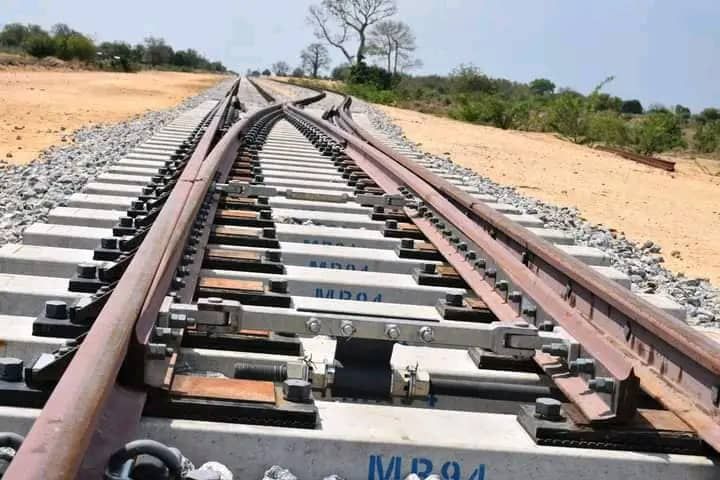By Burnett Munthali
The revitalisation of the Marka-Bangula Railway System stands as a testament to the Malawian government’s unwavering dedication to transforming the nation’s transportation infrastructure. By restoring and upgrading this crucial rail link between Malawi and Mozambique, the government aims to enhance the efficiency of transporting goods across borders, significantly reducing costs for businesses and strengthening the economic ties between the two nations.
Situated in southern Malawi, the Marka-Bangula railway line has historically been a vital corridor for trade. The rehabilitation of this line is not only an infrastructural development but also a strategic move to boost the country’s transportation sector. As Malawi continues to seek ways to improve its logistics network, this railway system is poised to play an instrumental role in advancing the country’s economic agenda by facilitating more efficient trade with Mozambique, Malawi’s gateway to international markets.

Transportation costs in Malawi have historically been high, largely due to an over-reliance on road transport. The Marka-Bangula railway offers a cost-effective alternative, particularly for bulk goods, which will ease pressure on the country’s road network. Rail transport is typically cheaper and more efficient over long distances, making it an ideal solution for the movement of goods such as agricultural produce, minerals, and industrial materials.
By linking key trading points in Malawi to Mozambique’s ports, the railway will also reduce delays and costs associated with exporting goods overseas. This revitalisation project aligns with the government’s broader efforts to reduce trade barriers and improve access to global markets, thus boosting Malawi’s export potential.
The rehabilitation of the Marka-Bangula railway also underscores the government’s focus on fostering sustainable transportation solutions. As concerns about environmental sustainability rise globally, Malawi is keen on reducing its carbon footprint through investments in rail systems, which are generally more environmentally friendly compared to road transport. This railway project is a forward-looking initiative that not only addresses present economic needs but also safeguards the future by promoting sustainable development practices.
Beyond its economic benefits, the Marka-Bangula railway is expected to have significant social impacts, providing employment opportunities during its rehabilitation and operational phases. The local communities along the railway line will benefit from improved access to markets, services, and employment, further enhancing regional development.
The Marka-Bangula railway system is more than just a national project—it is a symbol of Malawi’s commitment to regional integration. The line forms a critical link in the regional transport network that connects Malawi to the broader Southern African Development Community (SADC) region. By strengthening the railway infrastructure, Malawi is positioning itself as a key player in regional trade and logistics, facilitating smoother movement of goods across borders and fostering closer economic ties with Mozambique and other neighbouring countries.
Ultimately, the revitalisation of the Marka-Bangula railway system is a significant step in Malawi’s long-term economic strategy. It reflects the government’s understanding of the critical role that efficient, sustainable transportation systems play in driving economic growth. As the railway line becomes fully operational, it is expected to lower the costs of doing business, enhance the competitiveness of Malawi’s exports, and create a ripple effect of economic development throughout the region.
In conclusion, the Marka-Bangula railway rehabilitation is not only a transport upgrade but also a bold step towards a more integrated, sustainable, and prosperous future for Malawi. By prioritising infrastructure development that supports trade and reduces costs, the government is laying the groundwork for economic growth that benefits all Malawians.


